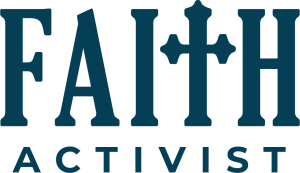In our fast-paced world, multitasking might seem like a necessary daily practice, yet recent findings from Stanford University suggest it could be more harmful than we realize. The allure of productivity may tempt us to juggle multiple tasks at once, but this habit could be diminishing our cognitive capabilities more significantly than we thought.
The Dangers of Multitasking
Research indicates that multitasking not only reduces our productivity and impairs our memory but also has alarming effects on our brain’s structure. Neuroscientists are raising concerns based on MRI scans of avid multitaskers, which show reduced brain density—a potential indicator of decreased cognitive function. Although these findings do not conclusively prove that multitasking reshapes our brains, the correlation between high multitasking and lower brain density is striking and warrants caution.
This reduction in brain efficiency is also mirrored in our performance. Multitasking has been shown to lower IQ, akin to the drop seen in individuals who stay up all night. Such a significant decrease in cognitive function can impact various aspects of life, affecting decision-making, problem-solving, and emotional well-being.
Embracing Efficient Work Practices
To combat the negative effects of multitasking, here are four practical strategies to enhance focus and increase productivity:
- Prioritize Your Tasks: Assess the importance of your tasks and tackle them one at a time. This focused approach helps in maintaining clarity and reduces the stress associated with juggling multiple projects.
- Set Firm Deadlines: Establish a clear end time for your workday to enhance your time management. Knowing there’s a deadline can increase your motivation to complete tasks efficiently and prevent the pitfalls of procrastination.
- Handle Small Tasks Immediately: Address minor tasks as they arise rather than letting them accumulate. This practice can prevent a backlog that might later require multitasking to navigate.
- Organize Your Workspace: Keep your physical and digital workspaces tidy. A clutter-free environment can significantly enhance your ability to focus and process information effectively.
Integrating Mindfulness and Focus
In addition to these practical tips, integrating mindfulness into your daily routine can profoundly enhance your focus. Simple practices such as meditative breathing or brief periods of reflection can reset your attention span and improve your overall work efficiency.
As Christians, the call to stewardship includes managing not only our resources but also our time and cognitive faculties. By choosing to engage in one task at a time, we honor the natural design of our brains and optimize our God-given potential.
In conclusion, while the modern world champions the multitasker, science and faith together guide us toward a more intentional and focused way of living. This approach not only safeguards our mental health but also enhances our effectiveness and efficiency in our daily tasks and responsibilities.

















